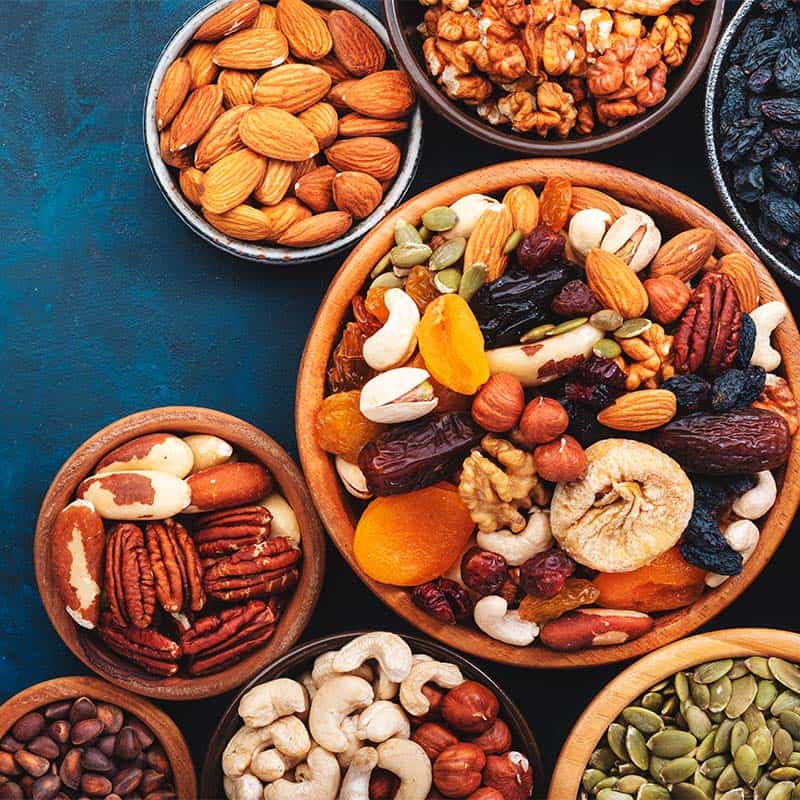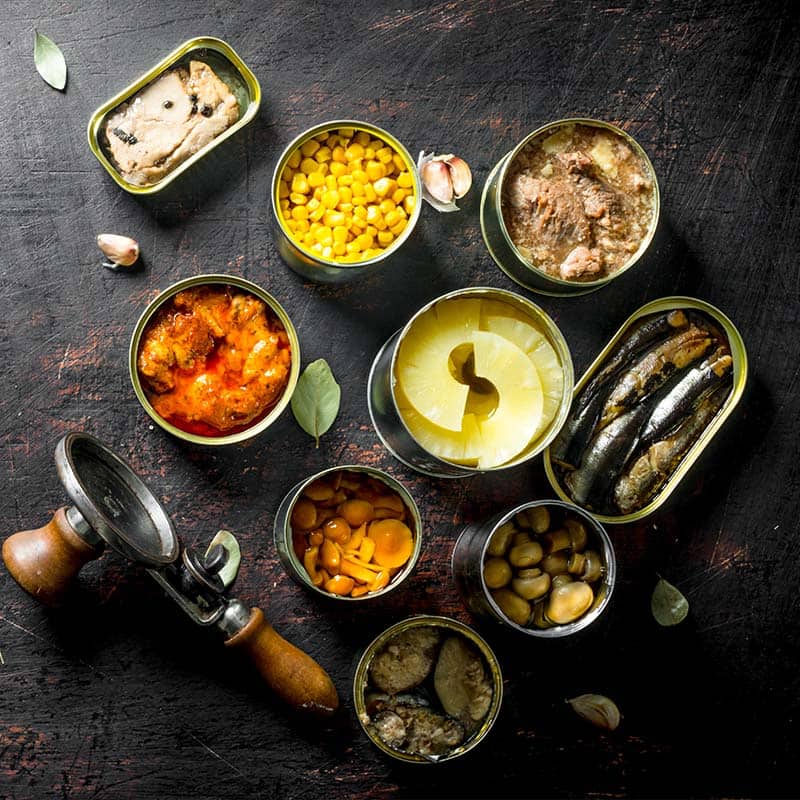Dried fruits have become a popular snack option in Singapore, thanks to their convenience, long shelf life, and health benefits. With the growing demand for dried fruits in both retail and food service sectors, many businesses turn to dried fruit suppliers in Singapore to source high-quality products. This article provides an overview of the dried fruit supply industry in Singapore, including the types of dried fruits available, how they are processed, and factors to consider when choosing a supplier.
What Are Dried Fruits?
Dried fruits are fruits from which most of the water content has been removed, typically through drying methods like air-drying, sun-drying, or using dehydrators. This process preserves the fruit while concentrating its natural sugars and nutrients. Common dried fruits include raisins, apricots, dates, mangoes, apples, and cranberries. Dried fruits are known for their sweet flavor, and many are used as ingredients in cooking, baking, or as standalone snacks.
Types of Dried Fruits Supplied in Singapore
Dried fruit suppliers in Singapore offer a wide range of dried fruits to meet the diverse needs of businesses. Some of the most common varieties include:
- Dried Mango: Mangoes are a favorite tropical fruit, and their dried version is often enjoyed as a snack or incorporated into granola, trail mixes, and desserts.
- Dried Apricots: Dried apricots are rich in vitamins and are often used in baking, salads, or as a healthy snack. They are available in both sweetened and unsweetened varieties.
- Dried Apples: Dried apples are a popular snack, available in various forms such as rings, slices, or diced. They are often used in cereals, baked goods, or consumed on their own.
- Raisins and Sultanas: Raisins, made from dried grapes, are among the most commonly consumed dried fruits. They are often used in baking, as a topping for salads, or in snacks.
- Dried Berries: Dried berries, such as cranberries and blueberries, are rich in antioxidants and are popular in cereals, smoothies, or as standalone snacks.
- Dried Dates: Dates are naturally sweet and packed with nutrients. They are often used as natural sweeteners in cooking or enjoyed as a snack.
- Dried Pineapple and Coconut: Tropical fruits like pineapple and coconut are also popular dried fruit options, used in trail mixes, energy bars, and snack mixes.
The Benefits of Dried Fruits
Dried fruits offer several advantages that make them a popular choice for both consumers and businesses in Singapore:
- Long Shelf Life: Dried fruits have a much longer shelf life compared to fresh fruits, making them easier to store and manage for businesses.
- Nutrient-Rich: Dried fruits are packed with essential vitamins, minerals, and fiber. While they are calorie-dense, they offer numerous health benefits when consumed in moderation.
- Convenient and Portable: Dried fruits are easy to carry around, making them a convenient snack option for people with busy lifestyles.
- Versatile in Cooking and Baking: Dried fruits can be used in a variety of recipes, from snacks and salads to main dishes and desserts.
How Are Dried Fruits Processed?
The process of drying fruits generally involves removing moisture to prevent spoilage and extend shelf life. Here are some common methods of drying fruits:
- Sun-Drying: One of the oldest methods of drying, sun-drying is used in warmer climates where sunlight can naturally dehydrate the fruit. It’s a slow process but retains much of the fruit’s natural flavor.
- Air-Drying: In air-drying, fruits are exposed to warm air for an extended period of time, either on racks or in dehydrators. This method is commonly used for fruits like apples and apricots.
- Dehydration: In commercial drying, dehydrators use controlled heat and airflow to quickly remove moisture from the fruit. This method is more efficient and preserves the fruit for a longer time.
- Freeze-Drying: Freeze-drying involves freezing the fruit and then removing the moisture by sublimation under a vacuum. This method helps retain the fruit’s shape, flavor, and nutrients better than other drying methods.
What to Consider When Choosing a Dried Fruit Supplier in Singapore
Selecting a reliable dried fruit supplier is essential for businesses in the food service or retail industry. Here are a few factors to keep in mind:
- Product Quality: Always ensure that the supplier offers high-quality dried fruits. Check if the fruits are processed with minimal additives or preservatives and if they meet food safety standards.
- Range of Products: A supplier that offers a wide variety of dried fruits can give businesses more flexibility in meeting customer demands. It’s important to source from suppliers that offer different fruit types and varieties.
- Packaging and Storage: Look for suppliers that provide well-packaged dried fruits to maintain freshness and prevent contamination. Proper storage conditions are also important to ensure the longevity of the products.
- Pricing and Delivery: Consider the cost-effectiveness of the supplier and their ability to deliver on time. Depending on your business size, sourcing in bulk at competitive prices could be a significant factor.
- Customer Service: A reliable supplier should offer excellent customer support, helping businesses with inquiries, order tracking, and any issues that may arise.
Dried Fruit in the Global Supply Chain
Did you know that dried fruits are a popular export from countries with tropical and temperate climates? Countries like Turkey, the United States, and Thailand are major producers and exporters of dried fruits, contributing to the global supply chain.
Conclusion
Dried fruit suppliers in Singapore play a key role in providing businesses with a wide variety of high-quality dried fruits. Whether you run a grocery store, café, or catering service, sourcing dried fruits from trusted suppliers ensures access to nutrient-rich, convenient products that can be used in many applications. By considering product quality, variety, and reliable customer service, businesses can find suppliers that meet their specific needs, contributing to the overall success of their operations.








